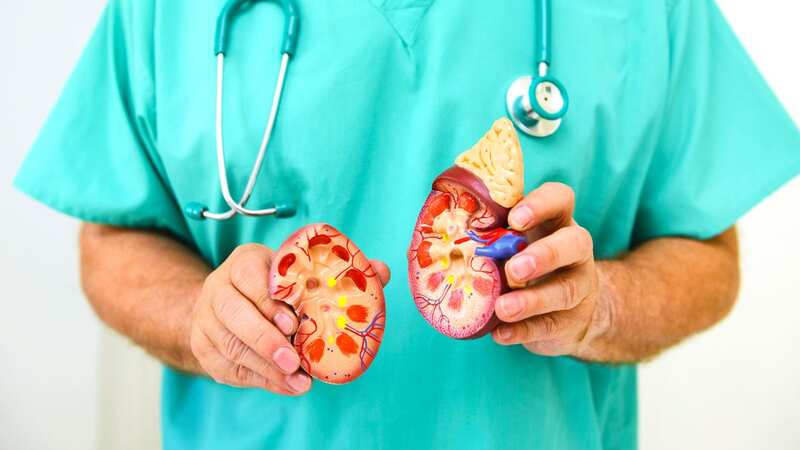

A few years back I received a letter from my GP stating some recent blood tests showed I had chronic kidney disease (CKD). It really shook me up because I know CKD shortens life.
When I calmed down I asked for the test to be repeated as I felt sure I didn’t have CKD. Sure enough, the tests came back normal.
CKD is a term used to cover any form of kidney disease that continues for more than a few months. It can affect people of any age, but older people are more likely to experience some level of CKD.
While it primarily causes damage to kidneys, it’s also a major risk factor for accelerated cardiovascular disease and premature death.
Progressive scarring of the kidneys is a common feature in all CKD, but why it happens isn’t fully understood.
 Teachers, civil servants and train drivers walk out in biggest strike in decade
Teachers, civil servants and train drivers walk out in biggest strike in decade
Scientists have found that scarring in kidneys and hearts is driven by a protein called Indian hedgehog (IHH), which is produced and released by a subset of cells in aged and injured kidneys.
A team from Edinburgh University identified a subset of epithelial cells (those which make up body tissue) that produce IHH and are only present in aged or injured mouse kidneys.
Now, these cells produce IHH in response to being activated by the protein TNF – a well-recognised trigger of inflammation – tumour necrosis factor. The team showed that circulating IHH levels in patients are significantly raised in those with CKD and heart disease.
When blocking the actions of these destructive TNF and IHH proteins in mice, scar production in the kidney was curbed and kidney function was better preserved.
Increased levels of scarring in the heart also returned to normal levels.
Maybe blocking the TNF/IHH signalling pathways could be a double whammy and improve both kidney and heart fibrosis problems, the leading cause of cardiac and kidney death?
Dr David Ferenbach, senior clinical fellow at Edinburgh University, said: “There is a major unmet need for better treatments to halt the progressive kidney scarring and cardiovascular problems which affect so many patients with CKD.
“I’m excited at the potential of this work, and the new insights to be gained into the role of IHH as a major driver of multi-organ fibrosis, which we hope can be a first step on the road towards better treatments for patients.”
And reassuring for me should my GP scare me to death by telling me a second time I have CKD!